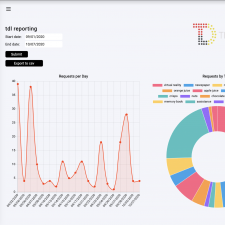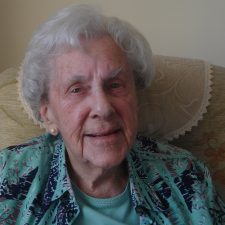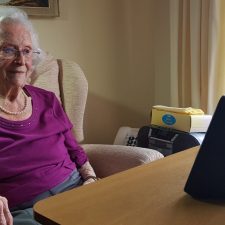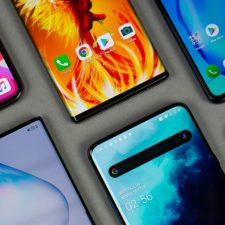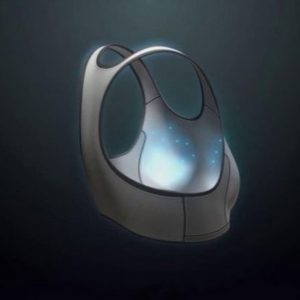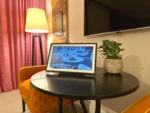Smart Health! – Swansea University’s Institute of Life Science is currently leading a program into the study of bandages that will be able to detect how a wound is healing and then send messages back to doctors.
Scientists on the program are suggesting the initiative could be trialled within the next 12 months using real-time 5G technology to monitor a patient’s activity level and progress.
Forming part of the £1.3bn Swansea Bay City Deal, which aims to create a 5G test hub for digital innovation, Prof Marc Clement, chairman of the Institute of Life Science (ILS), said: “5G is an opportunity to produce resilient, robust bandwidth that is always there for the purpose of healthcare.
“That intelligent dressing uses nano-technology to sense the state of the wound at any specific time.
“It would connect the wound to a 5G infrastructure and that infrastructure through your telephone will also know things about you – where you are, how active you are at any one time.
“You combine all of that intelligence so the clinician knows the performance of the specific wound at any specific time and then tailor the treatment protocol to the individual wound in question.”
So what does this mean for the future of healthcare? Are we likely to see more treatment moving away from traditional methods to a new program of monitoring and assessment depending upon the severity of the wound?
Prof Clement appears to be of the opinion that the model we know presently will move away from a face to face, hands-on approach and more towards a clinician only seeing a recovering patient once a month or as little as every three months.
Whilst it might seem a little difficult to comprehend right now there is a definite sense of opportunity that could provide doctors with the flexibility to vary and tailor the treatment to better match the individual, the lifestyle and the person’s general pattern of life.
There is evidence to suggest that some patients are not always honest about their recovery but the technology could – in theory at least – provide the evidence in a transparent form, enabling both the patient and the doctor to identify and tackle any challenges.
Nano-technology experts plan to develop the tiny sensors while the ILS will use 3D printers to produce the bandages, which over time would help reduce the cost.
Could this help the NHS in its battle to offer a world-class service as it sees its budgets continually eroded?
If front line doctors and GPs are able to monitor and treat more patients remotely, the impact on appointments and waiting times could be huge, the knock-on effect visible within a few short years.
A section of society will argue that effective medicine is as much about human interaction as it is treatment but in a landscape of rising populations all of whom are living much longer, this could provide the first step towards a genuine and effective solution.
BW
Tags: Health, Lifestyle

 Share On Facebook
Share On Facebook Tweet It
Tweet It


